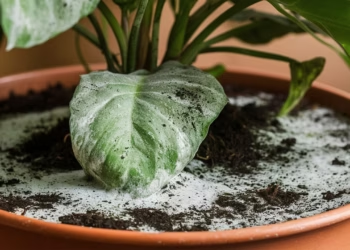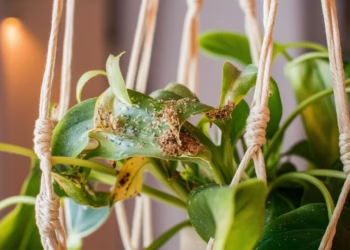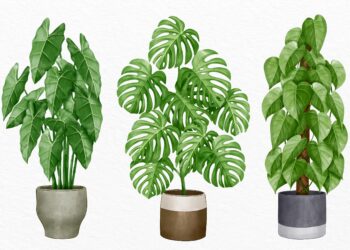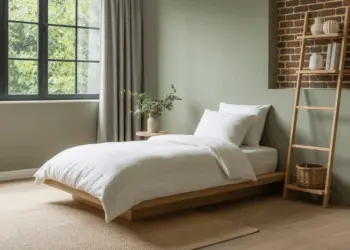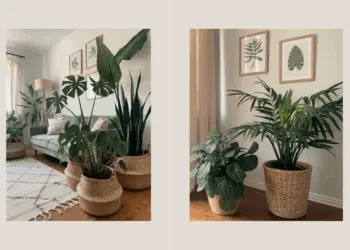Plants have long been revered in Feng Shui for their ability to enhance positive energy flow and promote well-being within living spaces. In the context of bedroom Feng Shui, choosing the right plants can significantly impact the quality of your sleep and overall energy levels. However, not all plants are suitable for the bedroom environment. In this article, we’ll explore the best 10 bedroom Feng Shui plants, discuss plants to avoid, address common misconceptions about having plants in the bedroom, and provide simple rules for incorporating plants in accordance with Feng Shui principles.
Table Of Contents
Feng Shui and Plants in the Bedroom
Feng Shui is an ancient Chinese practice that focuses on harmonizing individuals with their environment to promote health, happiness, and prosperity. Central to Feng Shui is the concept of chi, or life force energy, which should flow freely throughout a space to ensure balance and well-being. Plants are believed to enhance the flow of positive chi, making them valuable additions to any Feng Shui-inspired environment.
Benefits of Having Plants in the Bedroom
The presence of plants in the bedroom offers numerous benefits beyond aesthetic appeal. Firstly, plants act as natural air purifiers, filtering out toxins and releasing oxygen, which can lead to improved air quality and better respiratory health. Additionally, studies have shown that surrounding oneself with greenery can reduce stress levels, promote relaxation, and improve sleep quality, making plants an ideal addition to the bedroom environment.
Top 10 Bedroom Feng Shui Plants
Snake Plant (Sansevieria trifasciata)
- Known for its air-purifying properties
- Ideal for bedrooms due to its ability to release oxygen at night
- Place near windows for optimal sunlight exposure
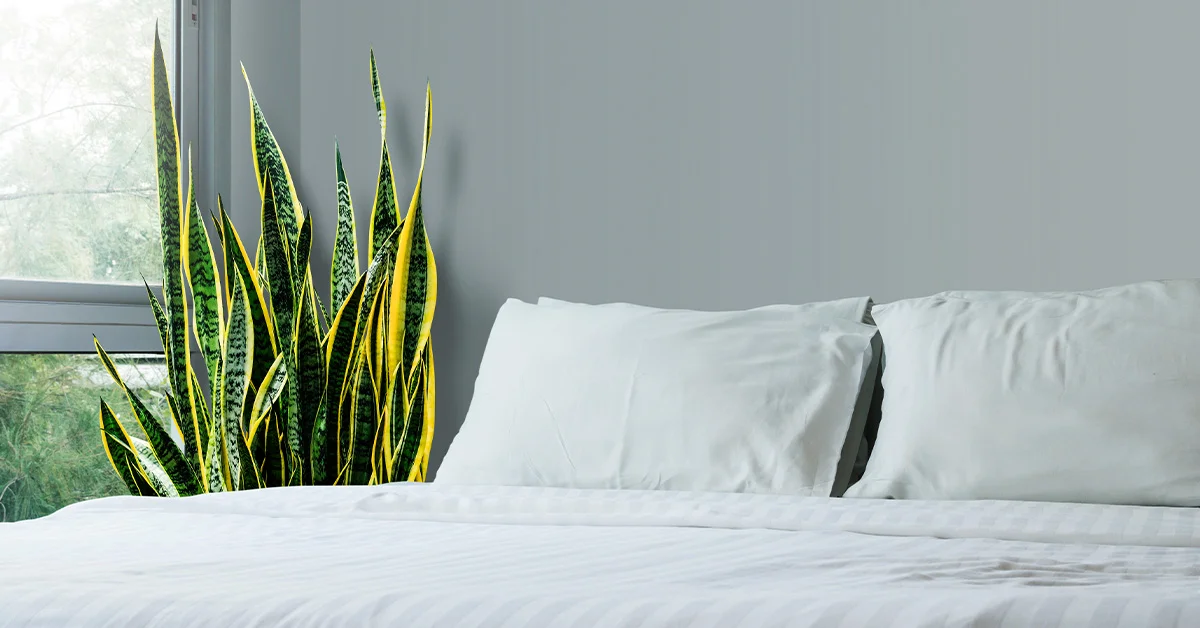
Peace Lily (Spathiphyllum)
- Removes common household toxins from the air
- Features lush, dark green foliage and elegant white flowers
- Keep soil consistently moist but not waterlogged
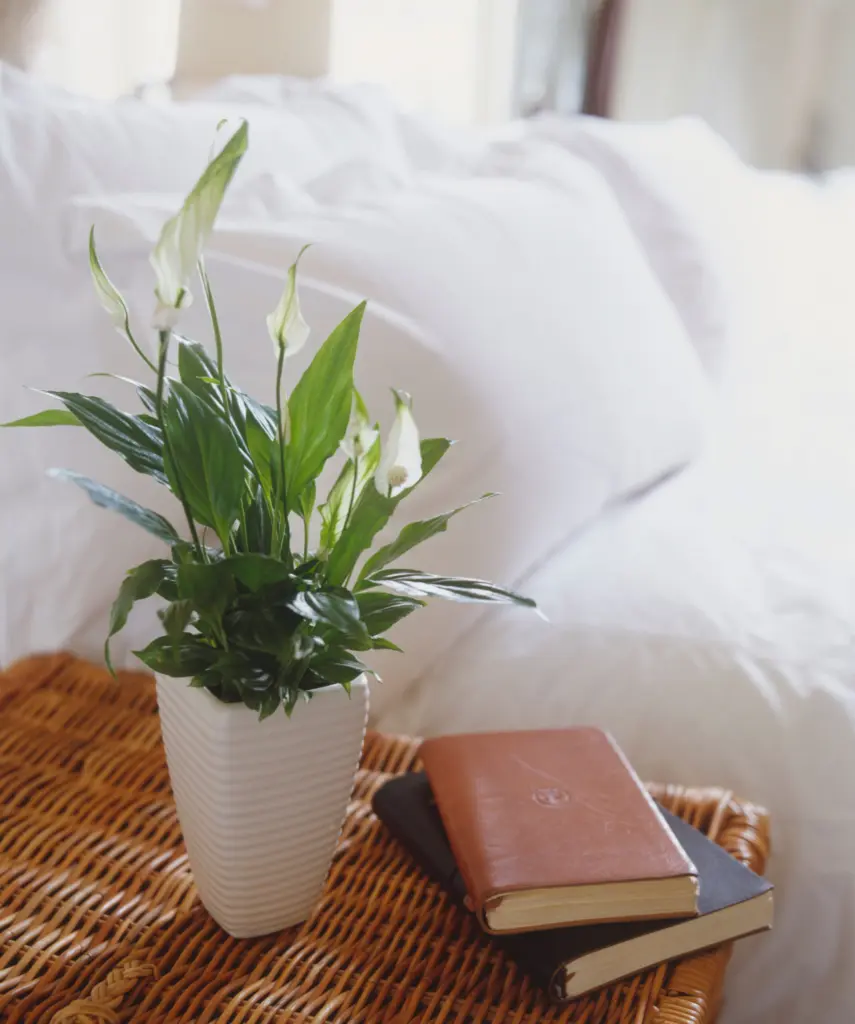
Lavender (Lavandula angustifolia)
- Known for its soothing aroma and stress-relieving properties
- Promotes relaxation and restful sleep
- Place on nightstands or windowsills for easy access
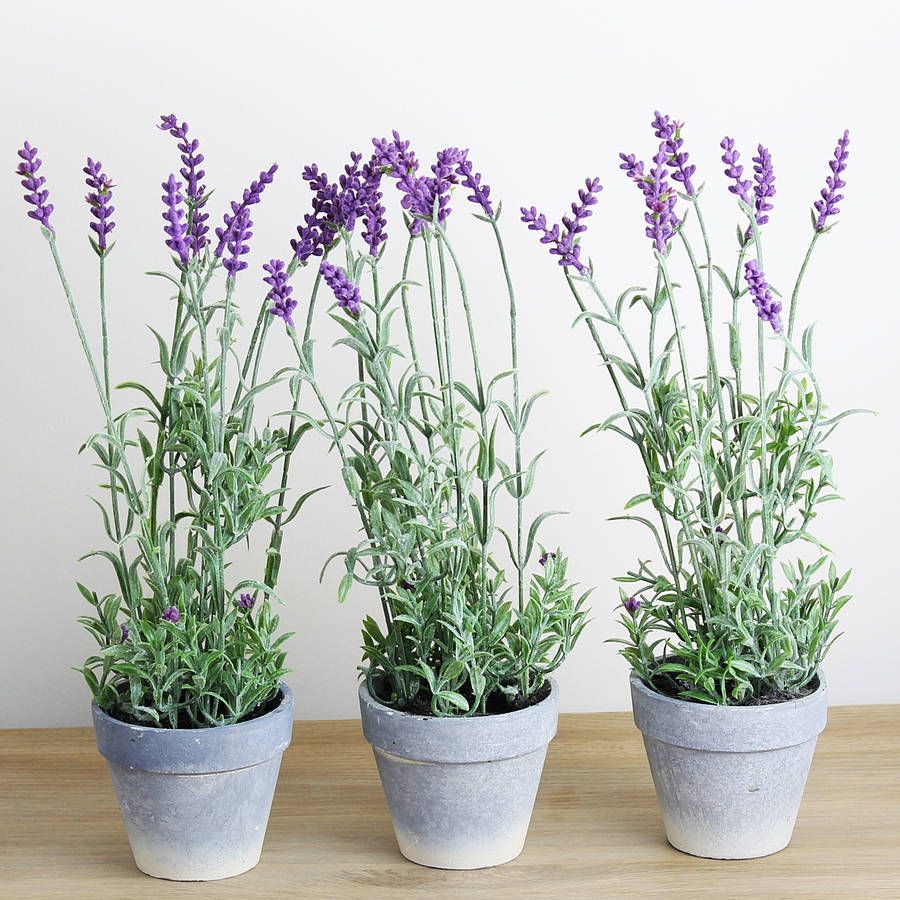
Aloe Vera (Aloe barbadensis miller)
- Renowned for its healing properties and air-purifying abilities
- Requires minimal maintenance and thrives in indirect sunlight
- Keep soil moderately dry between waterings
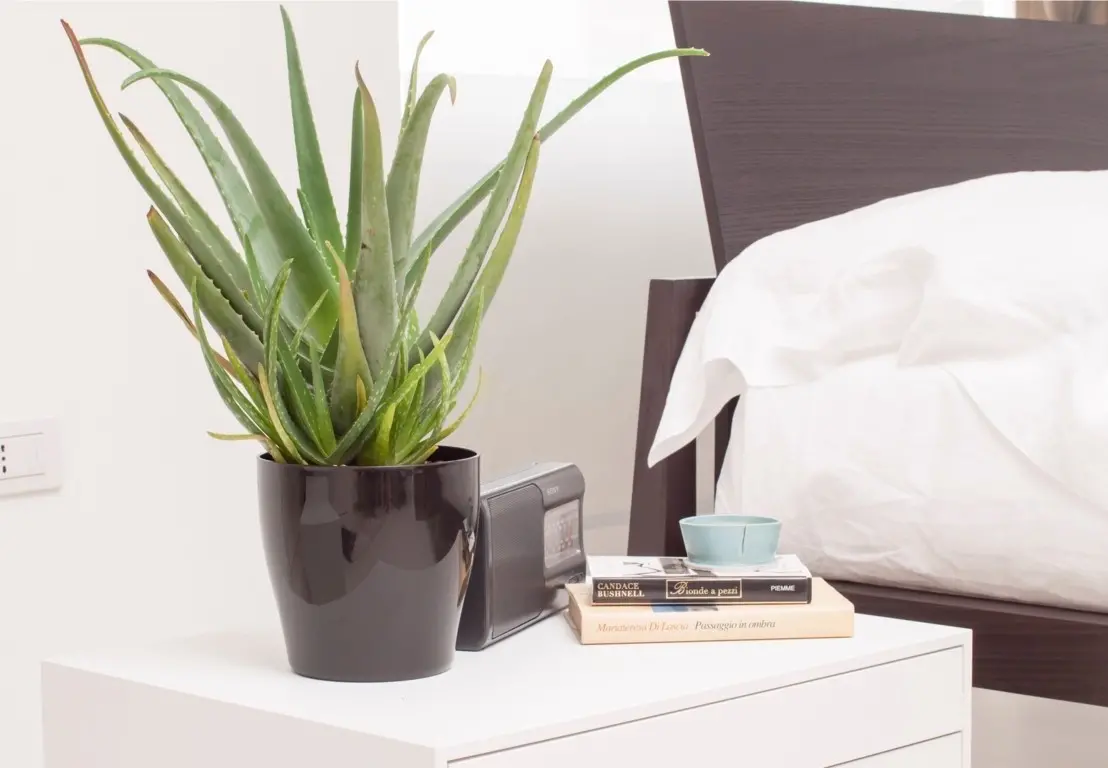
Spider Plant (Chlorophytum comosum)
- Excellent for removing indoor air pollutants
- Produces “spiderettes” that can be propagated into new plants
- Hang baskets near windows or place on shelves for visual interest
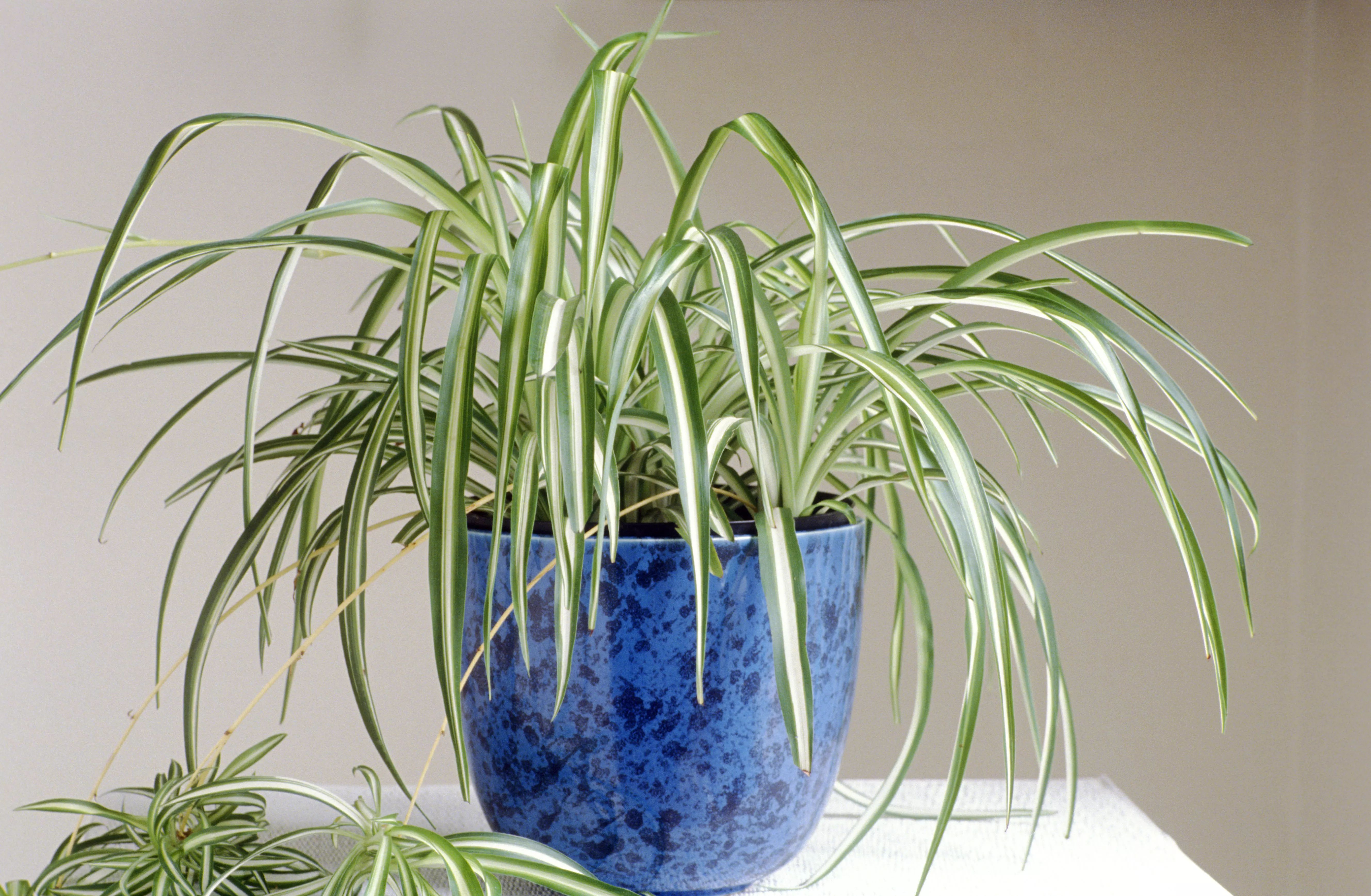
Bamboo Palm (Chamaedorea seifrizii)
- Adds a tropical touch to bedroom decor
- Thrives in low light conditions and humid environments
- Keep soil consistently moist but not soggy
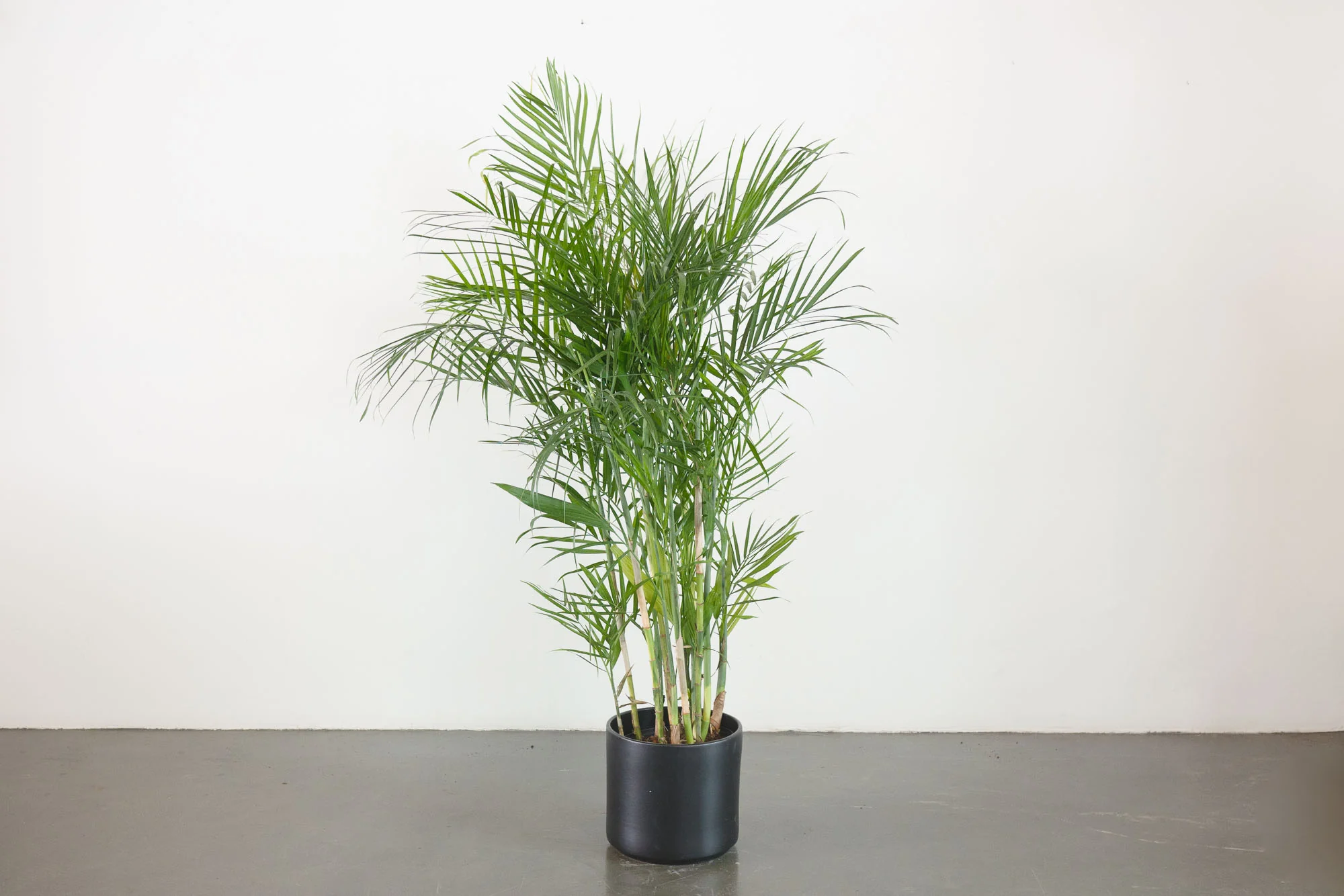
English Ivy (Hedera helix)
- Effective at filtering airborne toxins such as mold and formaldehyde
- Trailing vines add a decorative element to bedroom spaces
- Prune regularly to maintain desired shape and size
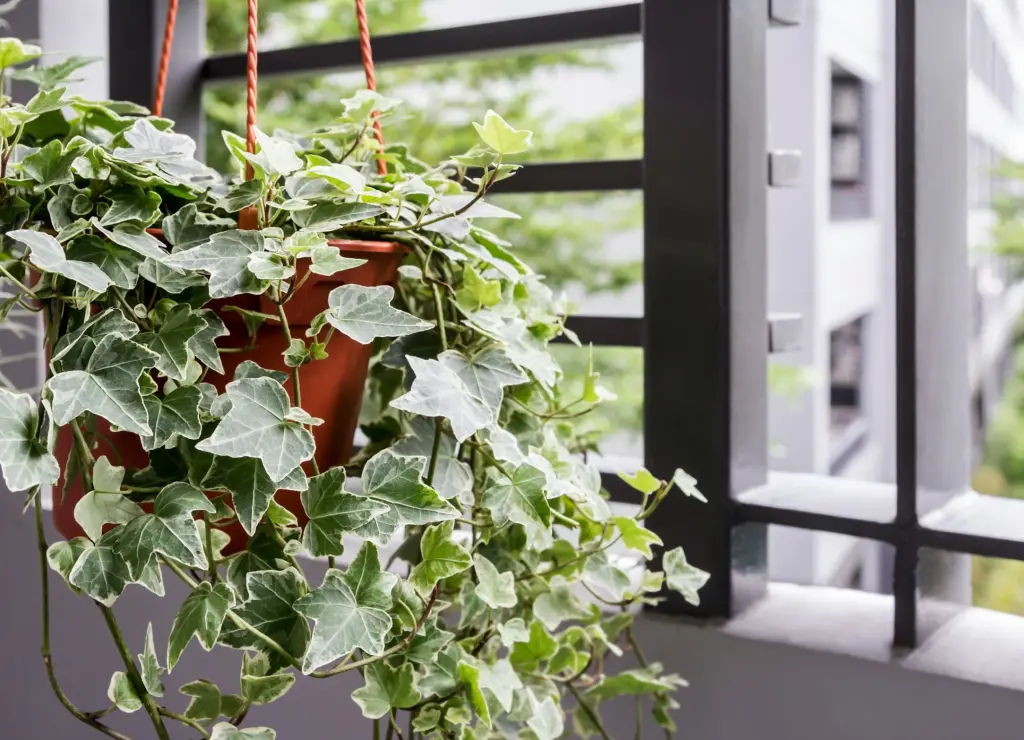
Rubber Plant (Ficus elastica)
- Features large, glossy leaves that add a bold statement to interiors
- Tolerates low light conditions and occasional neglect
- Wipe leaves regularly to prevent dust buildup
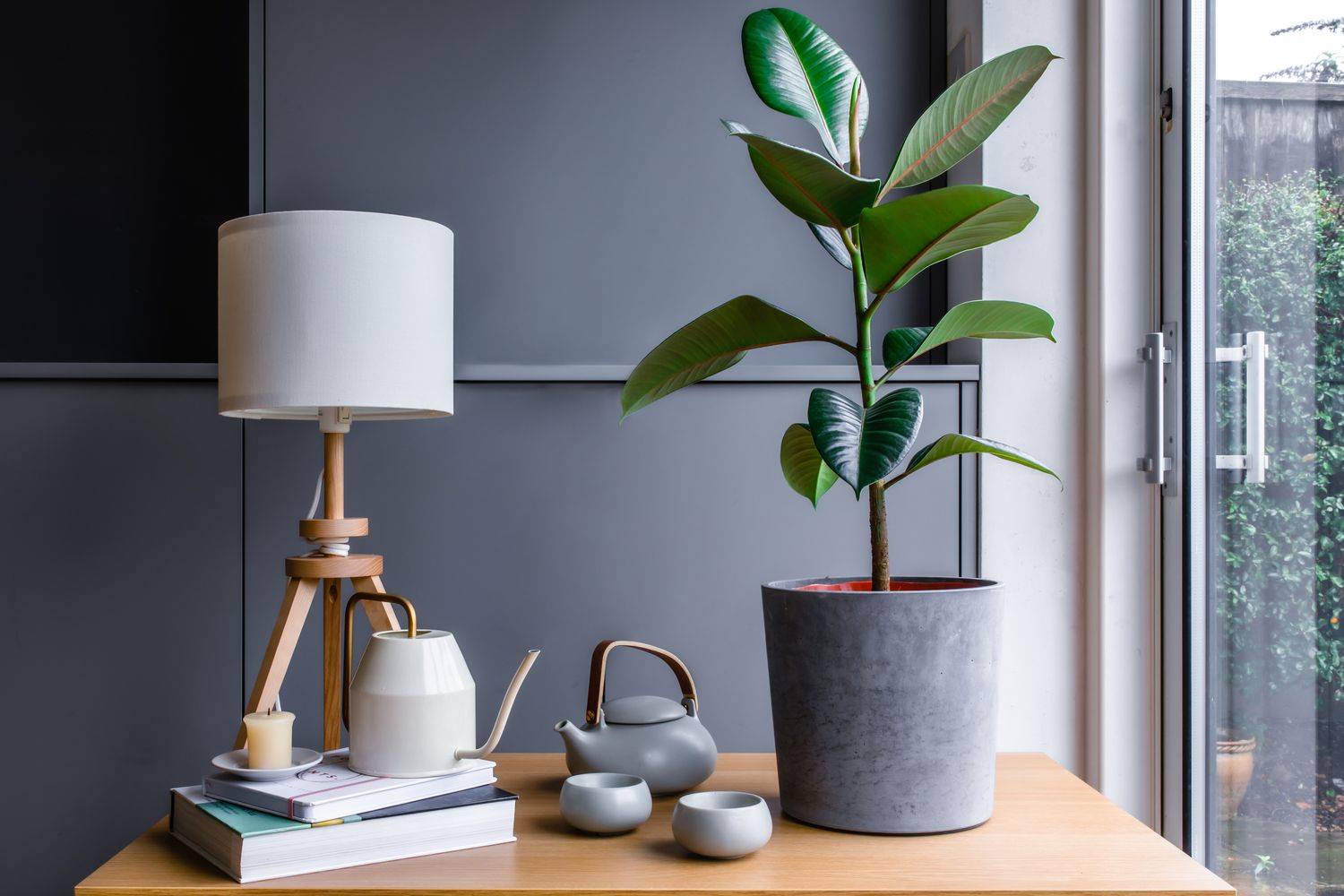
Jasmine (Jasminum)
- Known for its sweet fragrance and stress-relieving properties
- Promotes relaxation and tranquility, making it ideal for bedrooms
- Requires bright, indirect sunlight to thrive
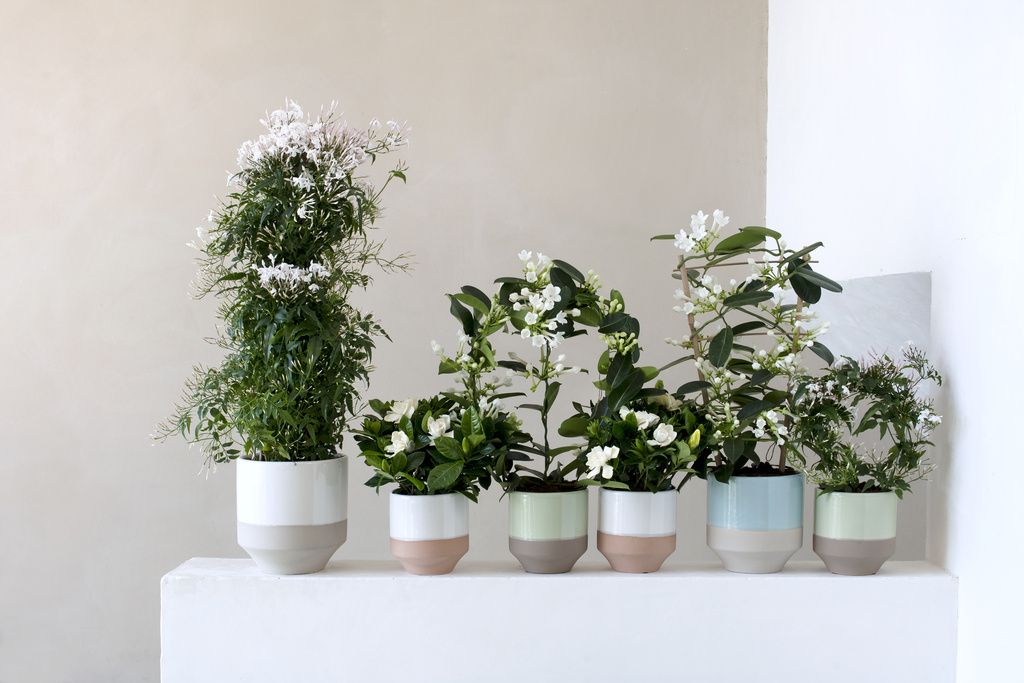
Golden Pothos (Epipremnum aureum)
- Easy to care for and highly adaptable to various lighting conditions
- Cascading vines add visual interest to shelves and hanging baskets
- Water when the top inch of soil feels dry to the touch
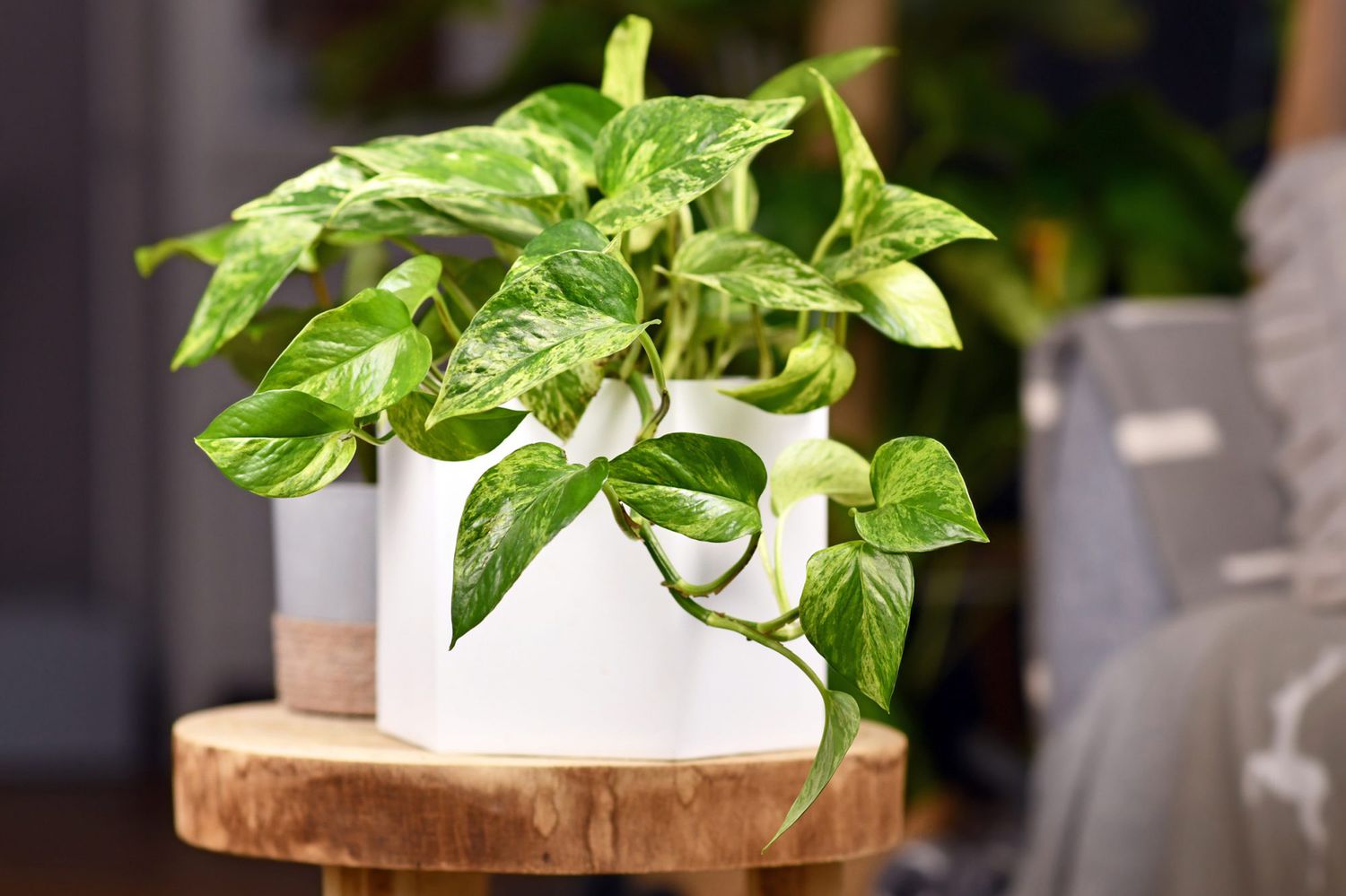
Plants to Avoid in the Bedroom
While many plants offer benefits for bedroom environments, some are best avoided due to their potential negative effects on sleep and energy levels. Plants such as cacti and succulents, which are known for their sharp, spiky leaves, are believed to create “sha chi” or negative energy, disrupting the flow of positive chi and causing restlessness or discomfort during sleep. Additionally, plants that release excessive amounts of oxygen at night, such as certain species of orchids, may disrupt sleep patterns by creating an overly stimulating environment.
Is Having Plants in Your Bedroom Bad Feng Shui?
Contrary to popular belief, having plants in the bedroom is not inherently bad Feng Shui. In fact, when chosen and placed thoughtfully, plants can enhance the overall energy of the space, promoting relaxation, tranquility, and restful sleep. However, it’s essential to follow Feng Shui guidelines for plant selection and placement to ensure optimal results. By incorporating plants that align with your specific goals and intentions, you can harness their positive energy to create a harmonious bedroom environment.
Feng Shui Guidelines for Plants in the Bedroom
When incorporating plants into your bedroom decor, consider the following guidelines to maximize their Feng Shui benefits:
- Choose plants with rounded, soft leaves: Avoid plants with sharp or spiky foliage, as they can create negative energy.
- Place plants strategically: Position plants away from the bed to prevent stagnant energy and promote restful sleep.
- Avoid over-crowding: Select a few well-chosen plants rather than overcrowding the space, which can inhibit the flow of positive chi.
- Keep plants healthy: Regularly care for and maintain your plants to ensure they thrive and continue to contribute positively to the bedroom environment.
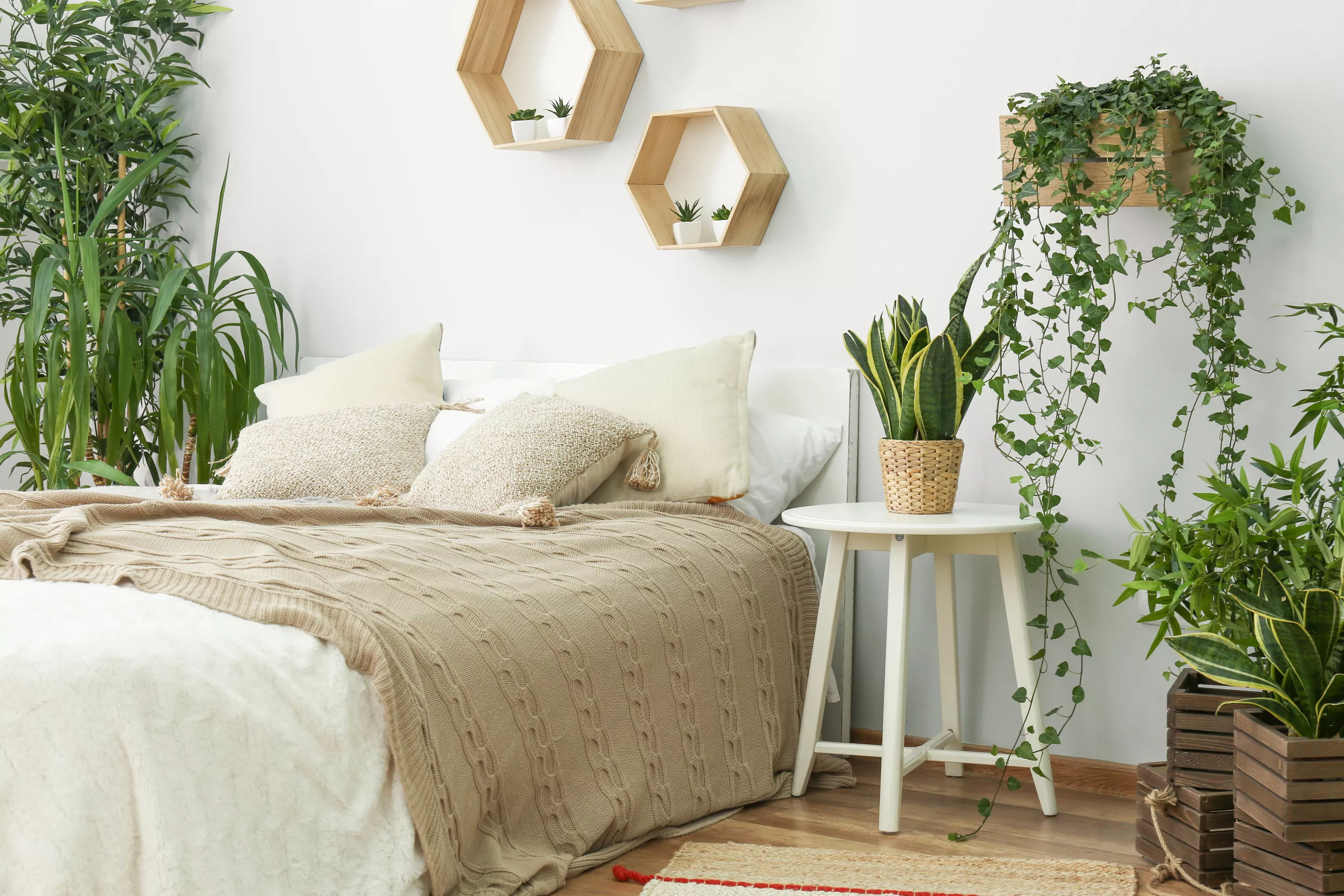
Incorporating plants into your bedroom decor can enhance the overall energy of the space, promote relaxation, and improve sleep quality. By selecting plants that align with Feng Shui principles and following simple guidelines for placement and care, you can create a harmonious environment that supports health and well-being.
FAQs
What is the best Feng Shui plant in the bedroom?
The snake plant is considered one of the best Feng Shui plants for the bedroom. It purifies the air, emits oxygen at night, and is low-maintenance. Its upright growth represents vitality, making it ideal for promoting positive energy in the bedroom.
Which plant is best for the bedroom?
- Snake Plant: Known for its air-purifying qualities and ability to emit oxygen at night.
- Lavender: Known for its calming aroma, which promotes relaxation and better sleep.
- Aloe Vera: Releases oxygen at night and purifies the air, enhancing sleep quality.
- Peace Lily: Improves air quality and adds a sense of tranquility to the bedroom.
Is it healthy to sleep with plants in the bedroom?
Yes, it’s generally healthy to sleep with plants in the bedroom. Certain plants, like snake plants, aloe vera, and lavender, can improve air quality, promote relaxation, and contribute to better sleep quality. However, ensure that you’re not allergic to any plants and that they don’t cause any discomfort during sleep.
Is it bad Feng Shui to have flowers in the bedroom?
It’s not necessarily bad Feng Shui to have flowers in the bedroom, but it’s essential to consider the type of flowers and their placement. Fresh flowers can bring positive energy and beauty to the bedroom, but avoid thorny or dried flowers, as they may create negative energy. Additionally, ensure that the flowers are well-maintained and don’t become a source of clutter or stagnant energy.
What not to put in your bedroom Feng Shui?
- Electronics: Avoid placing electronic devices like TVs, computers, or exercise equipment in the bedroom, as they can disrupt sleep patterns and create excessive yang energy.
- Clutter: Keep the bedroom free of clutter, as it can block the flow of energy (chi) and create stress.
- Mirrors Facing the Bed: Mirrors reflecting the bed are believed to cause restlessness and disturbed sleep in Feng Shui.
- Negative Imagery: Avoid displaying artwork or decor with negative or depressing imagery, as it can affect your mood and energy levels negatively.

